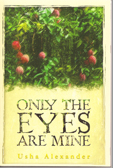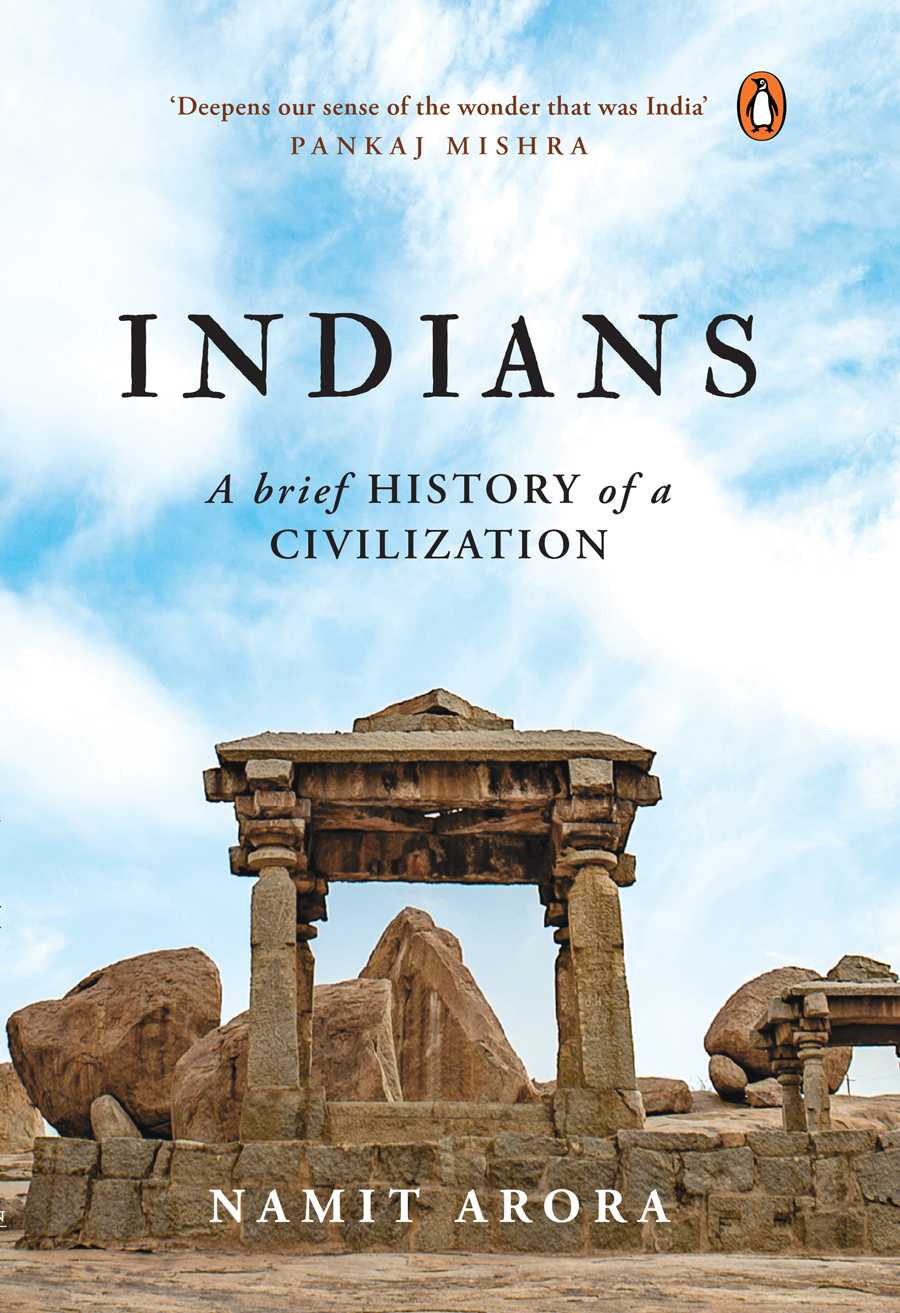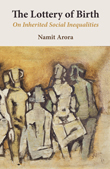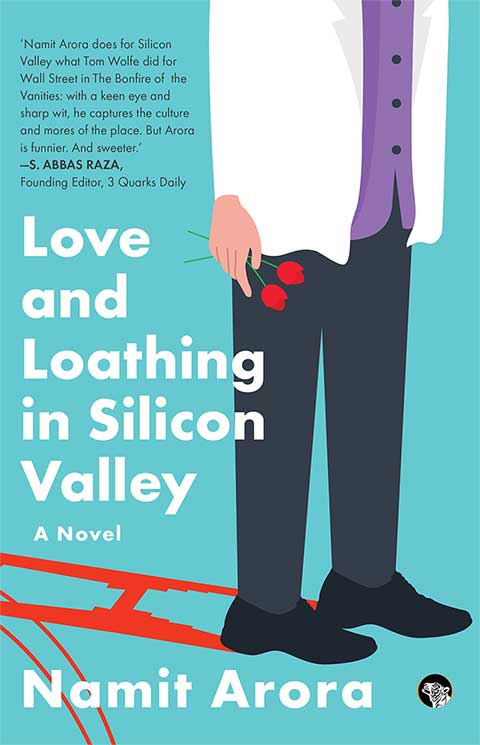| Index of articles from the Blog |
| Animals |
| Anthropology & Archaeology |
| Art & Cinema |
| Biography |
| Books & Authors |
| Culture |
| Economics |
| Environment |
| Fiction & Poetry |
| History |
| Humor |
| Justice |
| Philosophy |
| Photography |
| Politics |
| Religion |
| Science |
| Travel |
Books by
Books by
|
Being Liberal in a Plural World
By Namit Arora | Feb 2009 | Comments
(A slightly edited version of this article appeared in The Philosopher, the journal of the Philosophical Society of England, Volume LXXXXVII No. 1 Spring 2009.)
1. Is ‘human rights’ a Western idea? Yes and no. Yes because the modern concept of human rights arose in the West during the Enlightenment. No because it is only the latest episode in the long human I believe the question that underlies all debate on human rights is really this: What ideas, beliefs, and values—i.e., what common morality, and institutions for safeguarding it—ought to be promoted universally, and the rest left alone to the currents of diversity? The answer is far from easy and causes much acrimony (recall the ‘Asian values’ debate), with one side calling human rights a tool of Western hegemony aimed at non-Western societies, only to be accused in return of undermining liberty in the name of culture, order or tradition. Both sides make valid points. So what's a liberal to do? Let’s probe a little deeper.
2. A great many of us today are ‘value pluralists.’ We believe that humans live by many legitimate ethical values and choices: to join the Resistance or care for a sick mother, to adopt a baby or make one, to support socialism or capitalism. Value pluralism entails that often there are no objective grounds for showing one human value superior to another, i.e., that there can be multiple right answers to a single ethical question. Value pluralism also implies that some values may be incommensurate with others, perhaps even making tragic conflict unavoidable—for instance, pro-life vs. pro-choice values, theocratic vs. secular values, warrior vs. monkish values. Often, conflicts of values are manifest even within a person. Whitman wrote, ‘I am large, I contain multitudes.’
Contrast value pluralism with ‘ethical monism’—the view that every ethical question has one legitimate answer that is part of one superior moral system (such as utilitarianism, a moral law of God, or an ethics derived from Reason). If value pluralism is empirically true, then ethical monism is false and can be critiqued on empirical grounds. Note that ethical monism is an asymptotic state, that is, no one is a pure ethical monist but many are lured by the asymptote. Call them monist fundamentalists. The question is, does pluralism imply relativism, and thus (or otherwise) undermine liberalism’s universal pretensions?
3.
Later thinkers have widely accepted his core ideas but have argued over whether or not a commitment to pluralism undermines liberalism, particularly in the debate over universal human rights and ‘Asian values.’ Among them is John Gray, a British philosopher, who believes that Berlin did not realize the full import of his value pluralism. While it does not imply full-blown cultural relativism, says Gray (though his arguments suggest otherwise), pluralism does undermine liberalism. He regards as monistic the absolute priority and universal relevance liberalism assigns to liberty. [2] The more Western liberals evangelize their conception of liberty and political rights for all humans, the more they veer away from pluralism to monism. Other cultures, he argues, have their own value systems that may not accord a privileged role to liberty. How does one decide when one is being a pluralist and when a relativist? Berlin perhaps left this intentionally vague, given his well-known aversion to policy specifics and getting his hands dirty in the politics of the hour. The Oxford don instead spoke on this topic only in general, rarefied terms, as here: I think that it is true to say that there are certain basic needs, for example—for food, shelter, security, … belonging to a group of one's own—which anyone qualifying for the description of human being must be held to possess. These are only the most basic properties; one might be able to add the need for a certain minimum of liberty, for the opportunity to pursue happiness or the realization of one's potentialities for self-expression, for creation (however elementary), for love, for worship (as religious thinkers have maintained), for communication, and for some means of conceiving and describing themselves, perhaps in highly symbolic and mythological forms, their own relationship to the environment—natural and human—in which they live. Unless there is that, communication between human beings, even within a society, let alone understanding of what others have wished to communicate in other ages and cultures, would become impossible.[3] In other words, some common humanity is required for humans to at least minimally understand each other, suggesting, in turn, some common values. But if we look at all the human diversity that anthropologists have revealed across time and place, it is less clear how much is truly common, whether innately or through nurture. The devil lies in the details. Reasonable people do not agree on what humans value universally, how much, and in what relative order. And so what policies and rights might be agreeable to all?
Even a cursory look reveals that there are many contending forces within every society—struggles and sufferings and countless interplays of power and domination. Privileging a regional culture—as if it were a hermetically sealed entity that outsiders to the region cannot relate to and so shouldn’t pronounce on—over other human divisions is an arbitrary choice, with more than a whiff of the ideological. Why stop at regional cultural boundaries, why not go down further to the province, the family, and the individual?
If pluralism is true, then the best lives, those informed by reasoned choices among the available options, will be characterised by personal autonomy. And if that is true, then pluralism implies a case not only for liberalism but specifically for that kind of liberalism under which the promotion of personal autonomy is a legitimate goal of public policy. [1] One might raise two objections here. First, Crowder privileges ‘reasoned choices’ over other kinds of choices. This seems to me an arbitrary bias. This is not to say that I find it unattractive, only arbitrary and subjective. It is not at all clear why a policy maker who regards himself a value pluralist should privilege reason, when reason is just one of many legitimate values preferred by people. Nor is reason a precondition for pluralism, as many mystical-spiritual worldviews have shown. Without a context, or agreed upon goals for humanity, can a pluralist objectively privilege reason over feeling, instinct, or tradition? Second, Crowder implicitly assumes that personal autonomy will lead to rational choice more often than non-rational choice. That may not be true.
4. Let me do a quick recap. I began by noting that a pluralism of values is an empirical fact, and then argued that pluralism doesn’t justify relativism because humans share a common humanity and many common values. However, it’s hard for even most reasonable people to agree on what the common values are, let alone their relative importance, or the motivations that inform a value (such as patriotism). Because pluralism admits universal values, it does not undermine liberalism per se. But if we cannot have consensus on the ‘truly universal’ values of liberalism, and hence rights—whether on empirical or practical grounds—how, and on what basis, should I as a liberal act in the world? Three things come to mind: (1) I would do well to realize that when it comes to values (such as those that inform secularism, social ethics, or human rights), the quest for objectivity is chimerical—I am in the realm of metaphysics and have no recourse to scientific verities. Indeed, even the idea of ‘human dignity’—to which we widely subscribe and upon which is built every edifice of human rights—is nothing but a useful fiction. (2) I should understand that the source of my actions has to be my own liberalism, which includes my own subjective view of our common humanity, the values we share, and the ideas and policies that I think will make the world a better place. (3) I have to take seriously at least what I hold to be the core values of my liberalism, such as a commitment to try and understand others and to modify my opinions in light of new discoveries. Indeed, the only path open to me as a pluralist and a liberal is to try to persuade others of my subjective values, and to put my weight behind ideas and policies that appeal to my liberalism. Like everyone else, I come into the world, inherit ideas and traditions, project myself in time, and die. Cultures and traditions are not given but made; social values are contingent and agonistic. My liberalism may come to see some things as universally true—for instance, that abuse of power and public trust are universally bad, or that the right to free and fair trials tap into a universal value for justice, and so worth supporting in all contexts. Even if I think a value is not universal today—say euthanasia, basic literacy, or tolerance for consensual adult sex before marriage—I may believe that with effort it can become universal, and the world would be better for it. On other issues like school prayer, labor laws, censorship, or social welfare, I may require a lot more local context before taking a stand. Some other values I may be indifferent to but might (or might not) recognize their importance to others. Imperfect, but that’s all we have: one language game vs. another, though with real human consequences. Last but not least, I should try to persuade others without being self-righteous or hypocritical. Nor is pomposity, railing at others, or calling them irrational or stupid the best tactic. Better to seduce via exemplary action. Know thy interlocutor. Successful persuasion may require any combination of ordinary human techniques: pleading, arguing, requesting, reasoning, illustrating, cajoling, praising, challenging, respecting, appeasing, sharing facts, bargaining, dining together, and so on. Alongside, I must remain flexible to revise my belief in my values, given new findings. I must also accept that, at times, open confrontation is unavoidable. That’s all there is—my belief in values that I think will lead to a better world, and trying to get others to see it my way on issues I care enough about. A sense of humor always helps.
[1] Pluralism, Relativism, and Liberalism in Isaiah Berlin; by George Crowder, 2003, School of Political and International Studies, Flinders University. Photos (top three): © Greg Klee / Boston Globe; Buddhist Monks in Dharamsala, India; Maasai women, Arusha, Tanzania. _________________________ More writing by Namit Arora?
|
Designed in collaboration with Vitalect, Inc. All rights reserved. |
|








